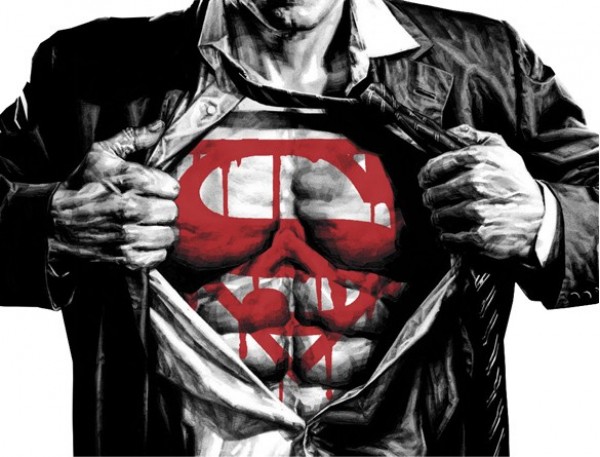 The boxing metaphor hung heavily over the Olympic Aquatics Stadium in Rio last week.
The boxing metaphor hung heavily over the Olympic Aquatics Stadium in Rio last week.
Chad Le Clos produced his boxing shtick with a fast flurry of hands in the call room away from the main arena, in full view of Michael Phelps, the greatest Olympian of them all.
As they launched into the 200m butterfly final, Le Clos came out swinging, looking for the early KO. But Phelps had the long game in mind and outlasted him down the stretch. Had it been a boxing match, Le Clos would have been battered and bruised along the ropes, the referee waving the action off.
A year ago, the Durban hero had predicted that Rio would be “Muhammad Ali-Joe Frazier”, except he never said which one he’d be. Frazier won the first fight, the so-called Fight of the Century, but Ali won the next two, including the Thriller in Manila where Ali famously claimed it was the closest he had come to dying.
It was an epic rivalry shot through with bitterness. Ali taunted Frazier as a “gorilla” and “Uncle Tom”, two of the worst things you could label a black man. Ali didn’t care. He portrayed himself as the working man’s hero and Frazier as the subservient black man. Both images were misguided, but they fuelled the rivalry.
The animosity ran deep and endured for years. At the 1996 Olympics, when a tortured, trembling Ali lit the cauldron, Frazier remarked that he wished he had fallen in. “If I had the chance, I would have pushed him in.”
Phelps and Le Clos have similarly taken shots at one another, albeit without the crass undertones.
After the South African won the 100m title at the 2015 world championship – Phelps never competed on account of being charged with driving under the influence – he couldn’t help himself. “Michael Phelps has been talking about how slow the butterfly events have been recently. I just did a time he hasn’t done in four years. So he can keep quiet now,” he said tartly.
Phelps soon bettered Le Clos’ time. “There are a lot of things I could say, but I won’t,” said the American
Le Clos wasn’t done, snarkily remarking, “If I was as great as he was, I would conduct myself in a way children would be proud of.”
This was smack talk boxing promoter Don King would have been proud of.
‘T’This was smack talk boxing promoter Don King would have been proud of
The moment at the Rio pool reminded me of the time in 2007 when Rory Sabbatini pronounced that Tiger Woods was more beatable than ever. Given Woods’ stature in the game, it was a stupid thing to say.
Players on the tour agreed. “You don’t tug on Superman’s cape,” said one. Although Woods’ game has crumbled, his name is in the history books. Sabbatini, by comparison, is a mere footnote.
The problem with Le Clos’ boxing gig wasn’t that he did it. The trouble was that he never backed it up. If you’re as good as Ali and you taunt your rival and then predict the round you’ll KO him, and then do so, it’s okay to crank up the intimidation.
Like a player wearing golden boots or highlighted hair, no-one minds if you deliver. Usain Bolt revs it up before he dazzles. The point is that he dazzles.
Le Clos was clearly trying to gain a critical advantage. He won the gold in 2012 by five-hundredths of a second. Had he planted even a modicum of doubt in Phelps’ mind, it may have been a valuable tactic.
The trouble was that Phelps was in his fifth Olympics. Mind games he can deal with. Cocky rivals can be laid to waste.
His sneer, which launched a thousand memes, gave clear expression of his disapproval. But rather than jar him, it simply sharpened his senses and his response was emphatic.
As a quick-witted Wikipedia contributor cheekily wrote on Le Clos’ biographical entry: “He died at the hands of Michael Phelps, being literally blown out of the water by the greatest American since Abraham Lincoln.”
Le Clos is young enough, and good enough, to come back. But he’s learned a painful, valuable lesson from the greatest champion of them all.
There’s no shame in that. – © Sunday Tribune
